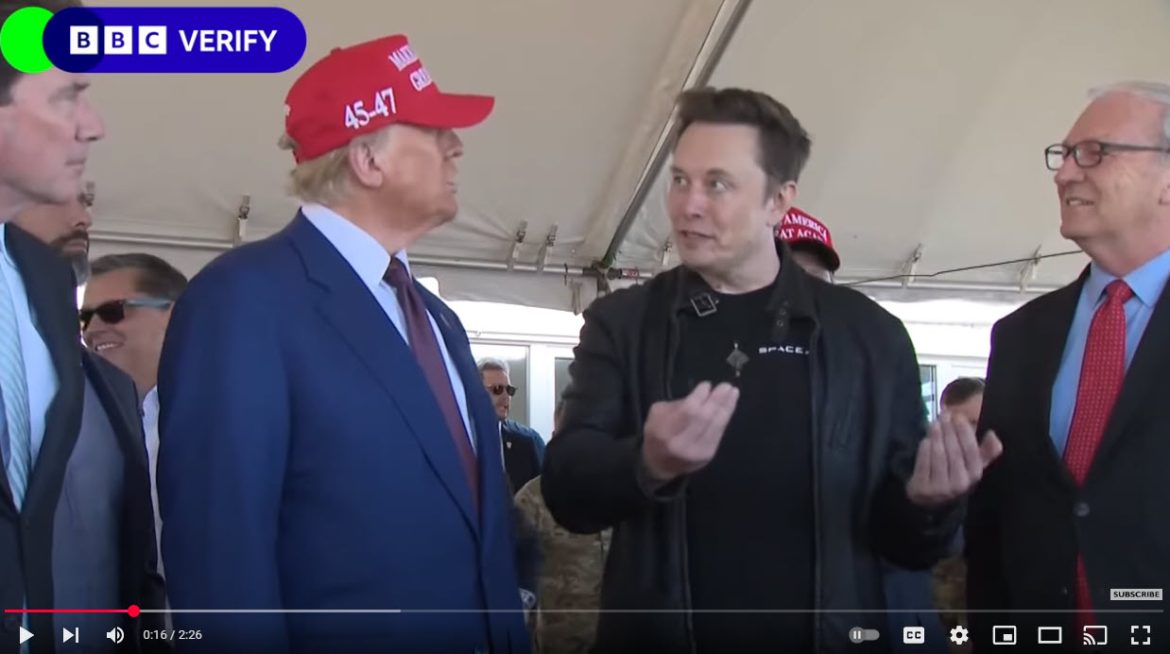The tensions between Elon Musk and European leaders escalate as British Prime Minister Keir Starmer joins French President Emmanuel Macron and German Chancellor Olaf Scholz in condemning Musk’s controversial social media posts. Musk, the billionaire CEO of Tesla and X (formerly Twitter), has drawn criticism for backing far-right political parties and spreading inflammatory narratives targeting left-wing politicians and policies across Europe.
In recent weeks, Musk has amplified divisive issues, including his support for conspiracy theories about child sex grooming gangs in the UK. Prime Minister Starmer responds firmly, accusing Musk of “spreading lies and misinformation” and undermining trust in democratic institutions. Starmer emphasizes that such narratives harm communities and distract from genuine policy discussions.
Macron also takes a strong stance, accusing Musk of meddling in Europe’s democratic processes. The French president criticizes Musk for using his platform to promote views that destabilize social cohesion. Macron’s remarks follow Musk’s endorsement of far-right candidates in upcoming European elections, which has raised concerns about external influence on the continent’s politics.
German Chancellor Olaf Scholz expresses alarm over Musk’s growing role in shaping political discourse in Europe, highlighting the potential risks of social media platforms being weaponized to polarize societies. Scholz calls for stronger regulations to ensure accountability for tech companies and to protect democratic integrity.
Musk’s interventions have not only drawn ire from political leaders but also sparked debate among tech experts and media analysts. Critics argue that Musk’s behavior reflects an unchecked power dynamic in which tech moguls can wield significant influence over public opinion. Kara Swisher, a prominent tech journalist, describes Musk as someone who “makes trouble anywhere” and questions his motivations for engaging in political feuds.
Supporters of Musk, however, frame his actions as exercising free speech and challenging political orthodoxy. They argue that his interventions bring attention to issues often overlooked by mainstream media. Musk himself has responded to the backlash with defiance, posting on X that his goal is to “challenge the status quo” and “hold leaders accountable.”
The clash underscores the growing friction between social media platforms and global governments over the regulation of online speech. European leaders have increasingly called for stricter measures to combat misinformation and foreign interference, with Musk’s actions reigniting discussions on how to balance free expression with societal responsibility.
As the rift deepens, the fallout is likely to impact not only the political landscape but also Musk’s business ventures in Europe, where regulatory scrutiny of his companies, including Tesla and X, is intensifying. The situation underscores the delicate balance of power between influential tech figures and traditional political institutions in an increasingly interconnected world.



